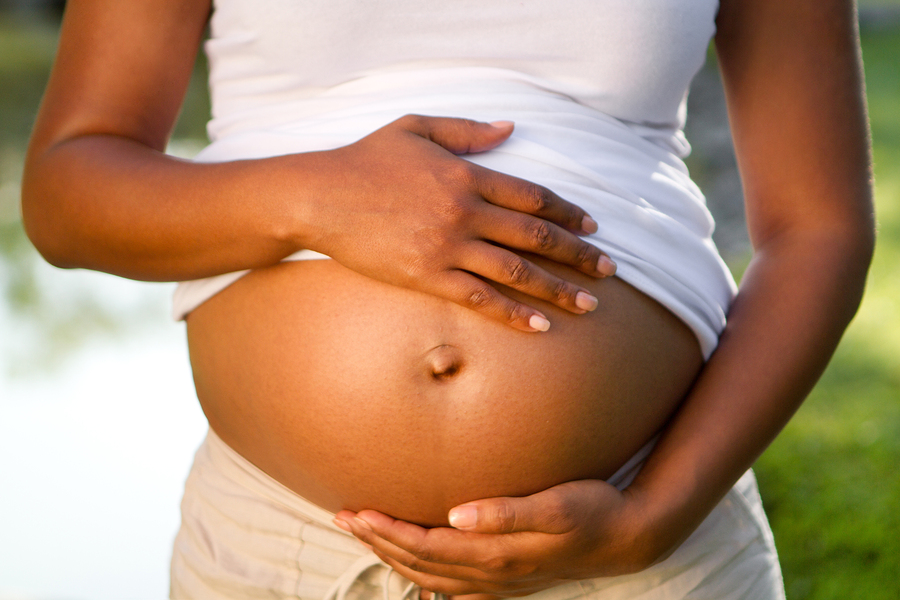
Planning Pregnancy
Three months prior to pregnancy (the preconception period) is the time to make life changes that can help boost fertility, reduce problems during pregnancy and assist in recovery from birth.
If you and your partner are planning to conceive, start taking folic acid before you get pregnant. Folic acid helps to provide the best health outcomes for your baby when it is growing. Taking folic acid daily before and during pregnancy also prevents the occurrence of neural tube defects, such as spina bifida, in your baby.
Quitting smoking before pregnancy is the single most effective means of protecting your baby and yourself from the development of serious complications during pregnancy. By quitting smoking you are more likely to conceive naturally and without delay, less likely to suffer a miscarriage or ectopic pregnancy and less likely to deliver your baby prematurely.
If you and your partner are preparing for pregnancy, look at your diet and see where you may make healthier food choices. Eating more healthy foods will help with your chances of conceiving and having a healthy pregnancy.
There is no safe amount of alcohol to drink during pregnancy; therefore, for women who are pregnant or planning a pregnancy, not drinking is the safest option. Alcohol can affect the health and development of an unborn baby for life.
The best time to get pregnant
Ovulation occurs each month (the woman’s monthly cycle) when an egg is released from one ovary. Occasionally, over one egg is released, usually within 24 hours of the first egg. At the same time, the lining of the womb thickens and the mucus in the cervix becomes thinner so that sperm can swim through it more easily.
The egg travels slowly down the fallopian tube. If a man and a woman have recently had sex, the man’s sperm may fertilize here the egg. The lining of the womb is now thick enough for the egg to be implanted in it after it has been fertilized.
If the egg is not fertilized, it passes out of the body during the woman’s monthly period, along with the lining of the womb which is also shed.
You are most likely to get pregnant if you have sex within a day or so of ovulation (releasing an egg from the ovary). Ovulation occurs 14 days before the first day of your next period (not after). The average cycle takes 28 days, but shorter or longer cycles are normal. So women with a 28-day cycle will ovulate on day 14 but women with a 30-day cycle will ovulate day 16.
An egg lives for about 12 to 24 hours after it is released. For pregnancy to happen, a sperm must fertilize the egg within this time. If you want to get pregnant, having sex every couple of days will mean there’s always sperm waiting in the fallopian tubes to meet the egg when it is released.
If you are thinking about pregnancy, visit your doctor, they will provide you with expert advice on planning your pregnancy.
